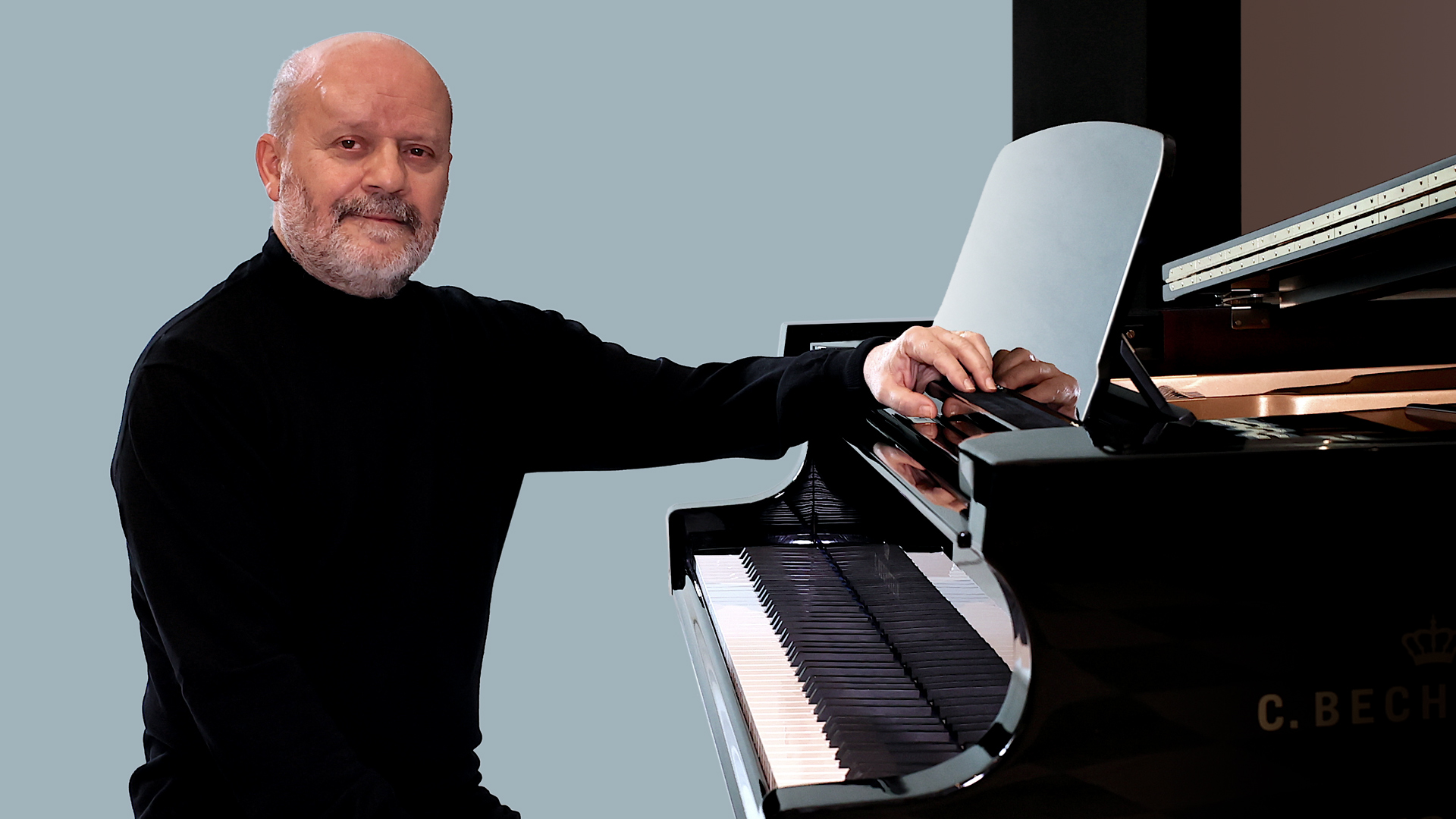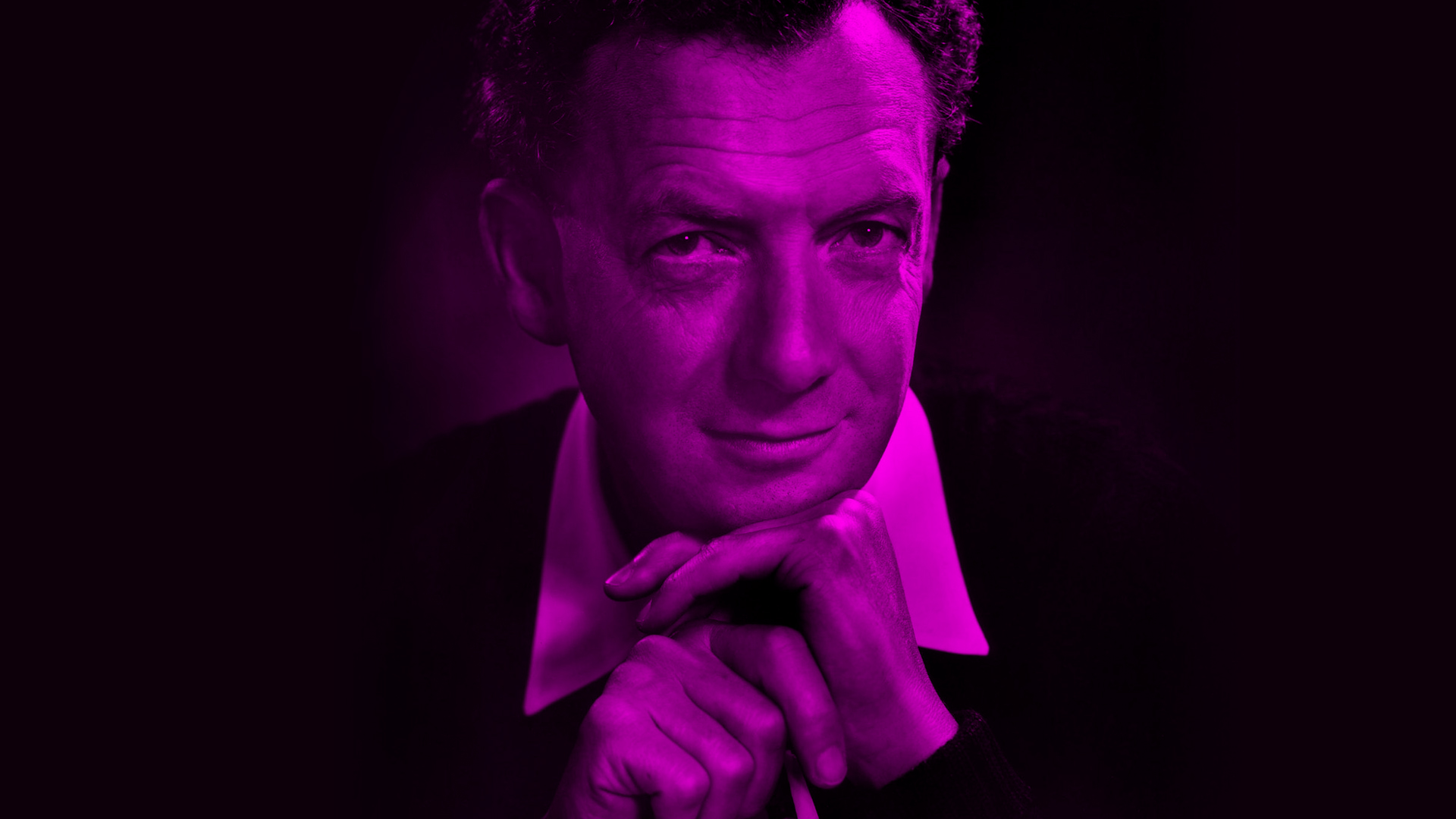BENJAMIN BRITTEN
Canticle II Abraham and Isaac op. 51
for mezzosoprano, tenor and piano
Mezzosoprano
Maria Letizia Poltini
Tenor
Matteo Michi
GERALD FINZI
Let Us Garlands Bring op. 18
for baritone and piano
Baritone
Matteo Armanino
GUSTAV HOLST
Humbert Wolfe Songs op. 48
for soprano and piano
Soprano
Mariasole Mainini
Piano
Claudio Marino Moretti
Abraham and Isaac is the second of Benjamin Britten’s Canticles, composed in 1952 for Kathleen Ferrier and Peter Pears. The ‘canticle’ is understood here as a reduction of the cantata, in this case of sacred subject matter, whose structure in distinct sections and dramatic but not scenic nature is taken up. The text, from the medieval Chester Mystery Plays, retraces the biblical episode of the Sacrifice of Isaac. The part of Abraham is given to the tenor, the part of Isaac to the mezzo-soprano (or alto), while the Voice of God is given to both. In the composition Britten employs a simple language, where the vocal lines unfold limpidly accompanied by a piano that is always well measured. Britten’s refinement takes shape through a subtle stylistic variety that diversifies each section without altering the religious character of the composition.
Let Us Garlands Bring (or Shakespeare’s Songs) is a collection of five songs that Gerald Finzi composed between 1929 and 1942 to texts from Shakespeare. The first performance was held on October 12, 1942, on the 70th birthday of Ralph Vaughan Williams, to whom the collection is dedicated. Finzi devoted himself for a long time to the composition of lyrics (his catalog counts about 60), with a special predilection for classical English literature and popular music, of which he was a great scholar. In Let Us Garlads Bring the composer’s literary interests converge, with the reworking of Shakespeare’s plays in song form, and research around traditional English music. The five songs – Come Away, Come Away, Death, Who is Silvia?, Fear No More the Heat o’ the Sun, O Mistress Mine and It Was a Lover and His Lass – alternate between the themes of love and death, alternating musically between more reflective and more spirited moments.
Gustav Holst’s collection Twelve Humbert Wolfe Songs dates back to 1930. As per the title, the twelve songs are composed to as many texts by the poet Humbert Wolfe. The themes addressed are varied, references to love and death return, but central is and dimension of dream/fantasy, in which the poet creates strong images and suggestions of great originality. Holst’s writing is lively and varied, accompanying the text in sudden changes of atmosphere and mood. Like Finzi, Holst had deepened his study of traditional English music, although in the Humbert Wolfe Songs contemporary references remain more evident. Following the composer’s death in 1934, the collection remained unpublished until 1968, when his daughter Imogen involved Benjamin Britten and Peter Pears in the first recording, later released with Decca.
Ludovica Gelpi


